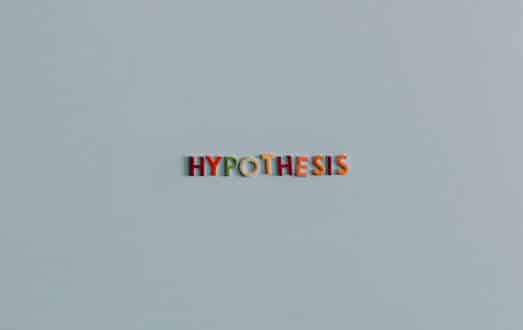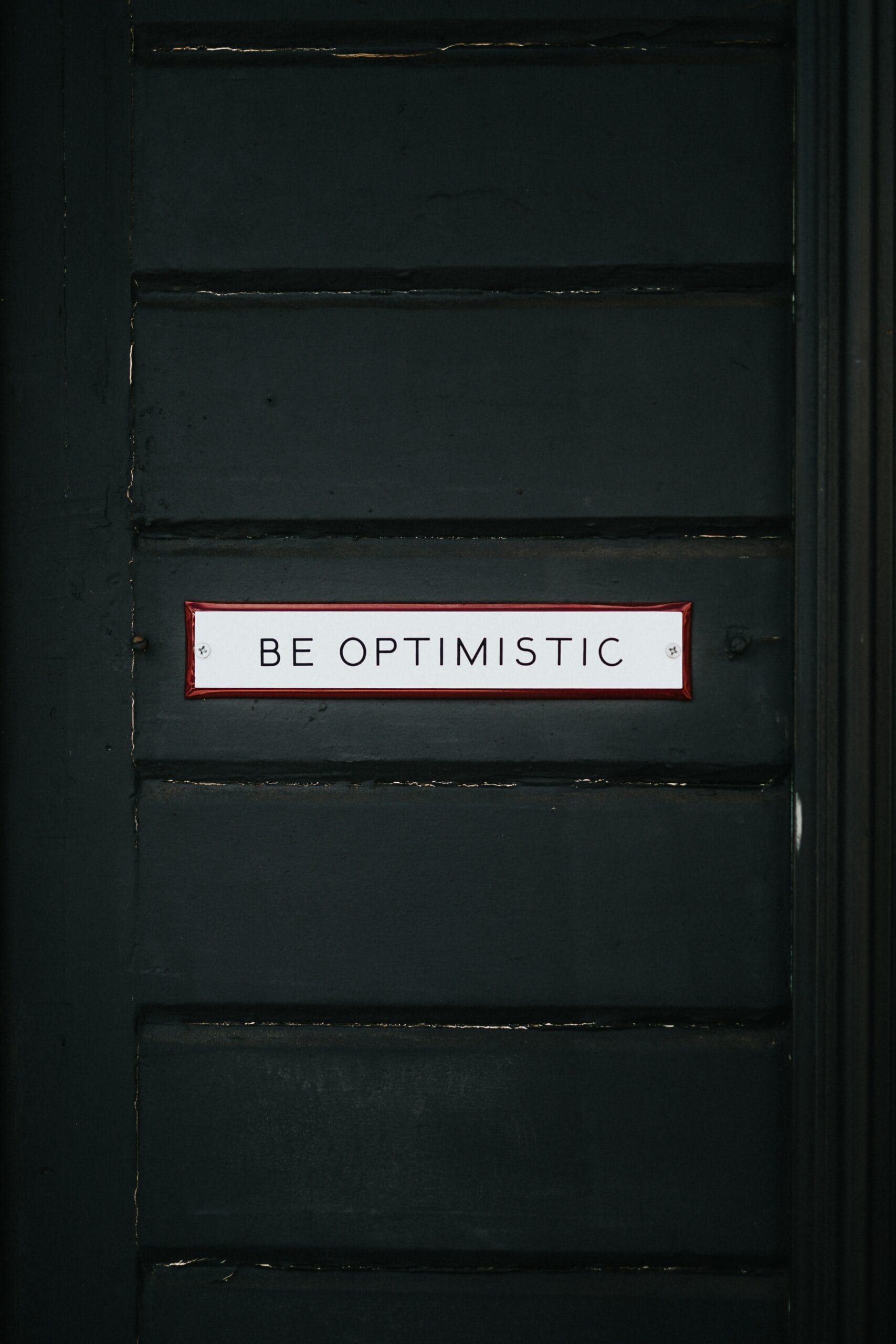Minimalism Philosophy : Exploring Insights from Great Philosophers – 5 schools of thought
Discover the insights of great philosophers on Minimalism Philosophy. Explore simplicity, authenticity, and stripping away excess. Continue to learn more!

Introduction – Minimalism Philosophy
In the hustle and bustle of today’s world, countless individuals are finding solace in the minimalist lifestyle. Minimalism, both as a way of life and a design philosophy, has gained substantial momentum in modern society.
It advocates simplifying one’s existence by shedding excess and honing in on what truly matters. But were you aware that minimalism traces its origins back to the profound philosophies of some of history’s greatest thinkers?
In this article, we will delve into the illuminating perspectives offered by renowned philosophers such as Ludwig Wittgenstein, Martin Heidegger, Jean Paul Sartre, Albert Camus, and Zen Buddhism. Together, we will explore how these profound ideas align with the fundamental principles of minimalism.
Ludwig Wittgenstein: Decoding Language and Unraveling Significance
Ludwig Wittgenstein, an immensely influential philosopher of the 20th century, made remarkable contributions to the realm of philosophy. His focus centered around the interconnections among language, cognition, and meaning. Wittgenstein placed great emphasis on simplicity, clarity, and the elimination of unnecessary complexity in both language and thought processes. His ideas harmonize deeply with the principles of minimalism, as minimalism strives to eradicate the superfluous and prioritize the essential.
Wittgenstein’s philosophy can be encapsulated by his renowned quote, “Whereof one cannot speak, thereof one must be silent.” This notion highlights the importance of lucid and meaningful communication, free from extraneous adornments. By embracing the art of linguistic simplification, we can convey our thoughts with precision, thereby fostering a profound selfawareness and a deeper understanding of the world around us.
Martin Heidegger: Peeling Back the Layers of Superficiality
Martin Heidegger, an eminent figure in existentialist philosophy, delved into profound concepts such as “being” and existence. Heidegger believed in excavating the essence of things and removing superficiality to expose the unadulterated truth that lies beneath. This emphasis on stripping away layers of artificiality and societal constructs aligns seamlessly with the core tenets of minimalism.
Heidegger’s concept of “Dasein,” or beingintheworld, implores individuals to authentically engage with their existence. By shedding the external trappings imposed by society, one can unearth their innate essence and lead a life infused with profound meaning. Minimalism, following a similar trajectory, encourages us to divest ourselves of material possessions and societal expectations, enabling us to focus on the fundamental truths that bestow genuine fulfillment.
JeanPaul Sartre: Unleashing Authenticity and Emboldening Freedom
JeanPaul Sartre, a pivotal figure in the existentialist movement, delved into the realms of personal choice, freedom, and the responsibility for our own existence. Sartre posited that individuals possess inherent freedom and bear responsibility for their actions, placing great significance on authenticity as a conduit for leading a meaningful life. These concepts closely intertwine with the pursuit of a minimalist lifestyle.
Minimalism implores us to navigate life with deliberate choices and take ownership of our individual paths, breaking free from the confines of societal norms and expectations. By embracing simplicity and honing in on what genuinely resonates with us, we can forge lives that are authentic and deeply aligned with our core values. Sartre’s philosophy serves as an influential reminder of the pivotal role personal agency and freedom play in our quest for a minimalist existence.
Albert Camus: Embracing Simplicity and Unearthing Meaning for Minimalism Philosophy
Albert Camus, a prominent existentialist philosopher, embarked on a quest to unravel the inherent absurdity of human existence and the eternal pursuit of meaning. Camus rejected materialism and the ceaseless fixation on societal expectations. Instead, he underscored the importance of simplicity and discovering meaning in the face of life’s innate absurdities. These principles harmonize profoundly with the foundational ideals of Minimalism Philosophy.
Camus implored individuals to embrace the simplicity of life and renounce the labyrinthine mindset that often accompanies an unrelenting pursuit of material possessions. By honing in on what genuinely matters and finding meaning in the present moment, we can transcend the absurdities of existence and foster lives enriched with profound significance. Camus’ ideas offer invaluable insights for individuals seeking a minimalist lifestyle firmly rooted in purpose and meaning.
Zen Buddhism: Minimalism as a Way of Being
Zen Buddhism, with its profound teachings and transformative practices, provides an enlightening framework for understanding minimalism as a way of life. Zen stresses simplicity, mindfulness, and detachment from material possessions. By cultivating a deeprooted awareness of the present moment and relinquishing our attachments to material wealth, we can experience a profound sense of peace and contentment.
Incorporating Zen principles into a minimalist lifestyle involves infusing mindfulness into everyday activities, streamlining our surroundings, and letting go of attachments. In doing so, we create a space conducive to clarity, introspection, and an enhanced appreciation for the present moment. Zen Buddhism offers concrete guidance for those seeking to embrace a Minimalism Philosophy and discover tranquility amidst the chaotic tapestry of the modern world.
Conclusion on Minimalism Philosophy
The intellectual tapestry woven by the philosophies of Ludwig Wittgenstein, Martin Heidegger, JeanPaul Sartre, Albert Camus, and Zen Buddhism resonates deeply with the essence of minimalism. These esteemed thinkers remind us of the profound importance of simplicity, authenticity, and the shedding of excess in our pursuit of a more meaningful existence.
By streamlining language and thought, we can communicate with greater efficacy and attain a more profound selfunderstanding. Stripping away superficiality empowers us to reveal the fundamental truths that engender genuine fulfillment. Embracing personal choice and authenticity liberates us from the shackles of societal expectations, enabling us to lead lives harmoniously aligned with our core values. Embracing simplicity and unearthing meaning in the face of life’s absurdities empowers us to live with purpose and reject the materialistic mindset.
As we embark on this exploration of philosophical ideas, let us embrace minimalism in our own lives. By embracing the principles of simplicity, authenticity, and the shedding of excess, we create spaces that nurture clarity, peace, and fulfillment. Inspired by the profound insights of these intellectual giants, let us venture forth on a path towards a more meaningful existence, enriched by the essence of Minimalism Philosophy.














